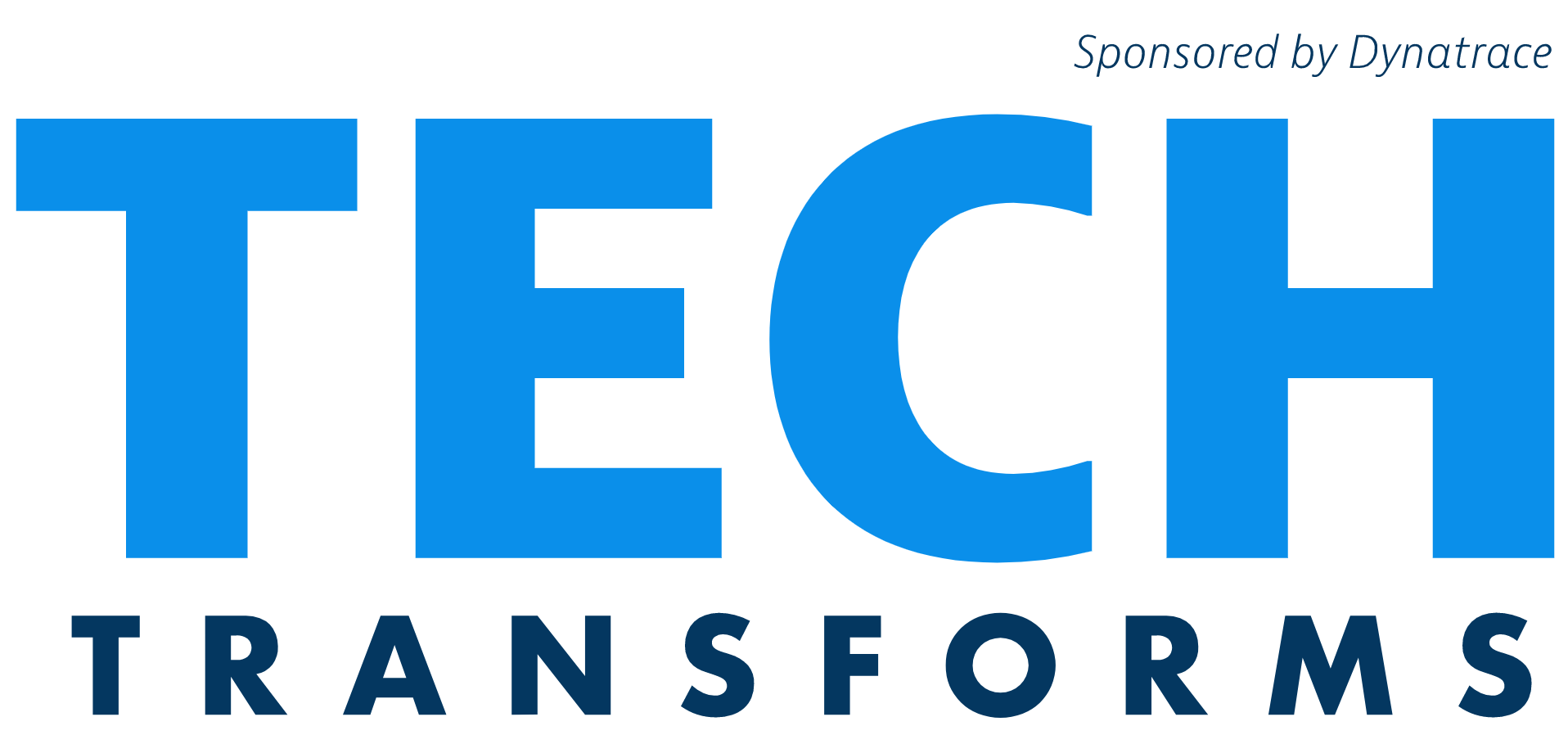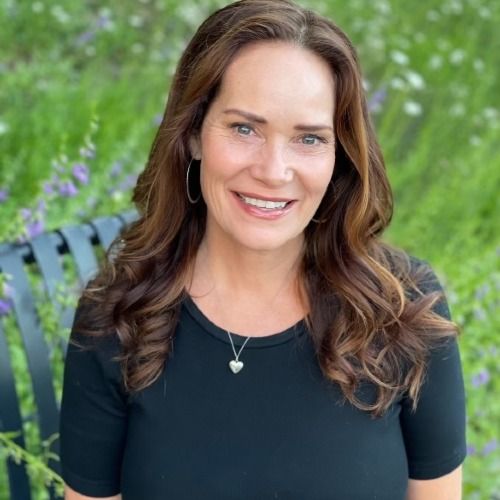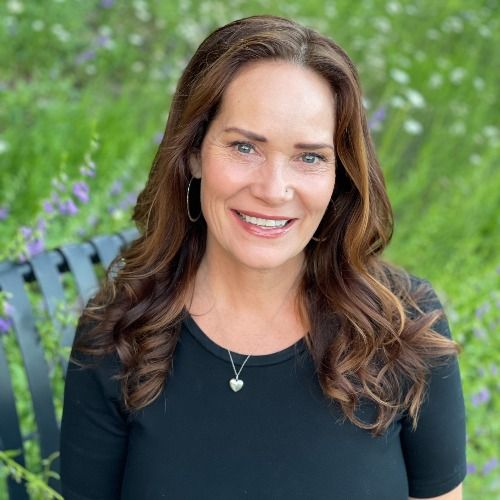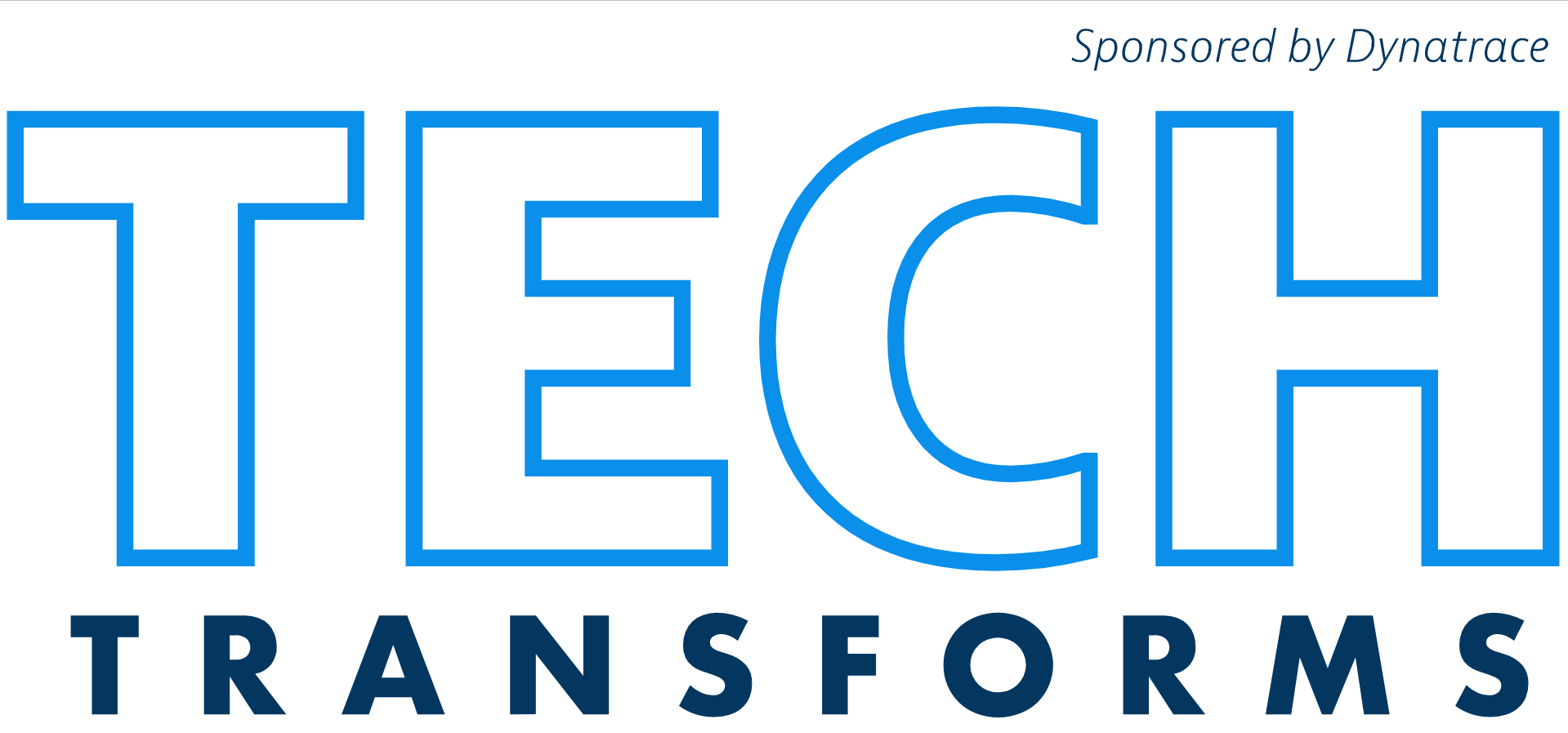Episode 23
On The Record with Rayvn Manuel
American culture and history is meant to be shared, according to senior application developer at the National Museum of African American History and Culture, and Army veteran Rayvn Manuel. She talks with Carolyn and Mark about some of her goals in her work at the Smithsonian and the importance of sharing our stories and understanding our history.
Episode Table of Contents
- [00:36] On the Record With an Army Veteran
- [09:18] A Change of Name on the Record
- [16:35] Growing up in a Lot of Racism
Episode Links and Resources
On the Record With an Army Veteran
Carolyn: We had the pleasure of speaking with Rayvn Manuel in November of last year. She’s a senior application developer at the National Museum of African American History and Culture and an army veteran.
Following our regular recorded episode, Rayvn spoke to us about her opinion on some topics surrounding our history and culture in America. I went to the museum. When I got there, I felt a little bit like an intruder. It’s like I had no right to be there. Can you talk about that? Have you talked to other people who have felt that?
Rayvn: Yes, I have. One of my really good friends, Chelsea, we were talking. I make costumes, and I make costumes for Renaissance Fair.
Carolyn: I want to see pictures.
Rayvn: I don't even let my kids see pictures of me in my costumes, but I love it. I was making her costume and she was just telling me how uncomfortable she feels. She's not African American, she's Caucasian American. She was telling me how she is confused about what to do because she has so much empathy for what's going on with Black Lives Matter.
There are certain people in the African American community that will embrace people who are trying to understand. Then there are also other people who actually will make you feel like you feel, Carolyn. It’s like, you'll never understand so don't even try to understand.
She's like, "Well, what do I do? So I don't want to come like I'm condescending and I don't want to feel like whatever." I think that what you do, part of that is guilt.
A Big Heart
Rayvn: That you feel some sort of guilt for something that you had nothing or have anything to do with. You have a big heart and so much empathy that you just want to understand. Not only understand, because I don't think I could ever understand anyone that went through the Holocaust. I didn't feel like I didn't belong in that museum because it was an experience that I wanted to see. And I was in the army and I was stationed, actually, in Germany.
I went to Dachau, and that is a place to get a better understanding of the culture, of the society. That culture and that society makes up our culture and our society, and we engage. I engage. In New York, I engaged with people who had grandparents that had to deal with things from the fallout from the Holocaust. I learned that my grandmother, this hurt me to my soul, this is why I became what's called woke.
My grandmother told me that they were in North Carolina, her and my mom. My mom was little, and my uncle, they were not allowed to sit in the front of the bus. Up until that point I understood that that's what happened. I understood that from an educational perspective. When my grandmother told me about her and my mother, things changed.
Mark: It became personal.
Rayvn: Yes, I did. I couldn't because that's the generation before me. You can't feel that you don't belong. Because wherever your background is and where most of us are all mutts most of it, we're totally mixed.
Carolyn: I'm a complete mutt.
Your Background Is Your History on the Record
Rayvn: I am, too. My father's side is Portuguese.
Carolyn: Well, I feel like your eyes are green, aren't they?
Rayvn: They're blue-ish, but they change colors depending on what I'm wearing. Whatever your background is, that's going to be your history. Ford is actually British, isn't it? That's what it'd be, probably.
Carolyn: Well, it traces all the way back to Ireland.
Rayvn: There's a story there. If there was a museum, probably somewhere in England or Ireland, that would be your people. That would be something you could embrace, but would you want people to know what your people went through? That's what the museum is about. It's letting people know what our people went through.
Carolyn: I didn't feel like anybody was putting that on me. It was my story, and it was really hard. I went with my friend who's also a Caucasian. Surprisingly, we were one of the few Caucasian people in the museum at the time. I felt like it was so hard to get tickets. I was like, I'm stealing a seat that maybe somebody else should get first. There was all of that story going on.
Rayvn: I definitely see that, but it is what it is. It is where we are. It's where we came from. If those things didn't happen, then other things wouldn't have happened. If you would've asked me, who was my favorite person, a human being, would have been Dr. King and my grandfather. Dr. King wasn't about African Americans only, he was about everybody. He wanted everybody to experience this type of freedom.
How Things Are Going
Rayvn: I'm not quite sure what's going to happen. That's actually my thing. It's like, what's happening, how are things going? I don't know and I don't want to be pessimistic and say that it's going to continue down this bad path.
Mark: I think we live in the microcosm of what's happening every minute, and social media amplifies it. I feel that way, too. So I try to say, look, because I want to be positive. I got to step back and say, try to think of things in a bigger picture. In the political environment today, this is so caustic. I get so branched with it. It's like, you know what? If you could only step back and say, "In a couple of years."
Carolyn: Read The Broken Earth series.
Rayvn: Is it dystopian?
Carolyn: A little bit.
Mark: She does this every time. She waits until we're done and then she goes, "Okay, we're done." Then she asks these really good questions, and we get this really good stuff going on.
Carolyn: We can use it if, Rayvn, you're okay to use it.
Rayvn: Oh, yes.
Carolyn: It was a hard question for me to ask.
Mark: I think it's great stuff.
Rayvn: I think it's a great question. There are people, lots of people, who feel like you do. Mark, where are you from? You have a great accent.
Mark: I'm from North Carolina. Senell, as you were talking about, you asked Ford, and I wanted to tell my story, but I didn't want to interrupt. It's a made-up name. My grandfather came over from Italy and his name was Simeoni.
A Change of Name on the Record
Mark: He came over, stowed away on a ship to America when he was 13 years old. The ship went to New York. He wanted to see America so he got off the ship in New York City. Then he went and checked things out. When he came back, the ship was gone. He never went home. They got an interpreter. They figured out he had a brother that had come over to America years before and put him on a train so they shipped him off. He never went home, and he changed his name, his religion, everything.
Carolyn: Why did he change his name?
Mark: Back then, at the turn of the century, Italian wasn't as cool and chic as it is today.
Rayvn: As of now, being Italian is cool.
Mark: You were prejudiced against. He didn't want to be Italian, he wanted to be American, so he didn't allow Italian to be spoken in the home. Whenever they would get together with their Italian relatives, they'd all speak Italian. My dad didn’t because my grandfather said, you are American. Speak English. That's my story.
Carolyn: See, we're keeping that in. People's stories are incredible.
Rayvn: They're people's stories. I know. You would speak Italian with a North Carolina accent. I wonder what that sounded like?
Mark: I really don't speak Italian, I never learned it. I learned how to speak Southern, though.
Rayvn: Yes, you do Southern really well. It's like smooth Southern, it's just in there and you don't even know you're doing it.
Mark: Well, I've been up here for a long time.
Culture Shock
Rayvn: From a New York perspective, when I went to the military, it was the first time I even dealt with the south. I was in South Carolina, to whatever that horrible base is. It was in Columbia. Fort Jackson, South Carolina.
Mark: It's a culture shock, I bet.
Rayvn: It was. First of all, I was in an all-girl Catholic school for high school. I didn't grow up around African Americans. Carolyn, your story's actually my story. I feel uncomfortable around African Americans, except for the people I work with. A lot of African Americans think that I am not being true to my race because my mom's big thing was education. We went to school. I didn't learn slang because I wasn't allowed to go outside. If you talk to me slang, I have no idea what you're saying.
I read a lot and I'm just like that. So I feel uncomfortable around African Americans because I feel like they judge me. When I went to South Carolina, wowzers. First, I was scared to death because I knew that I was below the Mason-Dixon. I was like, this is below the Mason-Dixon, I think I know that this is it. In the military, it was in the '90s, they were actually racist. Everybody was racist. African Americans did not hang out with Caucasian Americans. I had no group because it was so segregated.
Mark: I hear you there. I grew up in North Carolina. After college, I moved to Richmond. Richmond feels more Southern to me than where I grew up, in North Carolina. It was bizarre.
A Lot of Racial History on the Record
Rayvn: I've been to Richmond. Richmond gives me a weird feeling. I don't know what it is about that place but it has a weird feeling to it.
Mark: That's an interesting perspective. It's definitely got a lot of history. It has a lot of racial history because Richmond was the capital of the Confederacy but it's also got a very cool vibe that you may not get on the surface. Virginia Commonwealth University is an art university. It’s a big art school. There's a lot of cool vibe that interlaces through there that you don't catch on the surface. When you drive through, you're not seeing any of that but when you live there, you can get into that vibe. There’s a lot of really cool restaurants, ethnic restaurants, and you're like, "Oh, I didn't see that coming."
Rayvn: I didn't know that. I have to spend a weekend there then.
Mark: If it creeps you out, don't go.
Rayvn: I don't know. Hampton, Virginia, creeps me out. My friend lives there. I'm like, "Oh, this place is scary." It's actually really scary sometimes because when you know that there's that racial tension, you just don't know. I told my sister and my daughter that I was practicing what I would do if a cop stopped me because I went for a walk around my friend's neighborhood, and they're very rich. It was one of those neighborhoods.
The next neighborhood was not so rich and the socioeconomic status was a little bit lower. If I get stopped by a cop or some cop comes to me, what am I going to do? I was going to scream my head off and say, "Don't hurt me." Raise my hand, whatever.
The Civil Rights Movement on the Record
Rayvn: I was so scared. I was like, "Why are you so scared?" That's where we are. It's just, I don't know. I like your positive attitude about it, Mark.
Mark: Well, it's self-preservation otherwise, I get too stressed out. I try to say, "Look at the world, look at things." And I can imagine what people felt like in the moment during the civil rights movement, about how they felt about different things. You need to look at it now. You're like, "Look at the big picture." All this positive change that took place and all these good things that you're like, "Yes." But living in the moment, it wouldn't have been like that at all. It would have been a very intense situation. I try to think things will get better over time.
Rayvn: They are getting better over time. It's just incremental.
Carolyn: We're spiraling. I have one more question for you before we let you go, were you in the army?
Rayvn: Yes.
Carolyn: Do you mind if we use that in your title?
Rayvn: Absolutely not. Very proud of it.
Mark: Carolyn's dad was in the army.
Carolyn: Yes. When you were talking about how racist it was, my dad's my hero. I love him but he was horribly racist. The phrases that I grew up saying, I didn't know what they meant. They were part of my vocabulary because my dad used them all. It’s really funny because he also had really close friends of different ethnic backgrounds, different colors, and he was still intensely racist. I didn't know that, as a kid. Looking back, I'm like, "Oh, wow."
Growing Up in a Lot of Racism
Mark: Looking back, I can see a lot of that growing up in North Carolina. I see a lot of that with how I was raised and just the area that I grew up in.
Carolyn: We didn't know.
Rayvn: You know what? My grandmother, while I was growing up in the Bronx, was there. I'd be like, "Oh Nana, I met blah, blah, blah." Her first question was always what color they were. I was like, why does that matter? Now I know why because she grew up in the era of Emmett Till. She was in that era. It took me awhile to understand why.
Mark: Living in the moment, it's got to be a different experience. I was listening to Bill Maher talk about this recently on his show, we're making progress. We're making progress. I think people are, I'm not going to say enlightened.
Carolyn: But we are.
Mark: Do we want to call ourselves enlightened with progress?
Carolyn: Look at this conversation that we're having now. This is progress.
Rayvn: This is progress because we can have this conversation and be okay with it. It's great to be comfortable with it.
Mark: It is what we are. It‘s part of the world we live in, so let's embrace it.
We Can’t Change What’s on the Record
Rayvn: It is. To bring it all round, the whole purpose of our museum is to make those uncomfortable conversations happen. To be able to, here it is, this is not pretty, we can't change it. Let's just talk about it and figure out how we move forward because what we've been doing isn't working, apparently.
Carolyn: I love that. We're using that on the record too.
Rayvn: Just use everything. You're awesome.
Mark: Well, this was great. Thanks, Rayvn.
Carolyn: We cannot thank you enough for your service to our country, and dedication to representing our history. We hope you enjoyed this episode of Tech Transforms. Please like, and follow us on social media. We'll be back next week.




